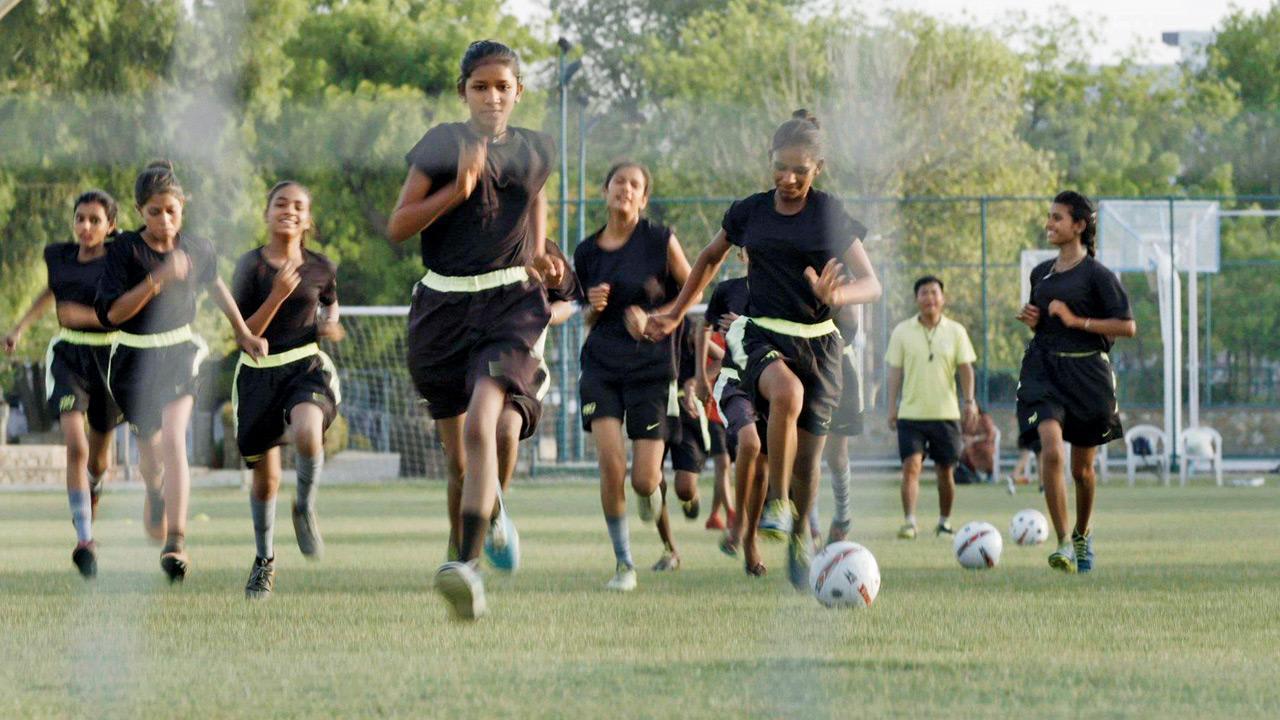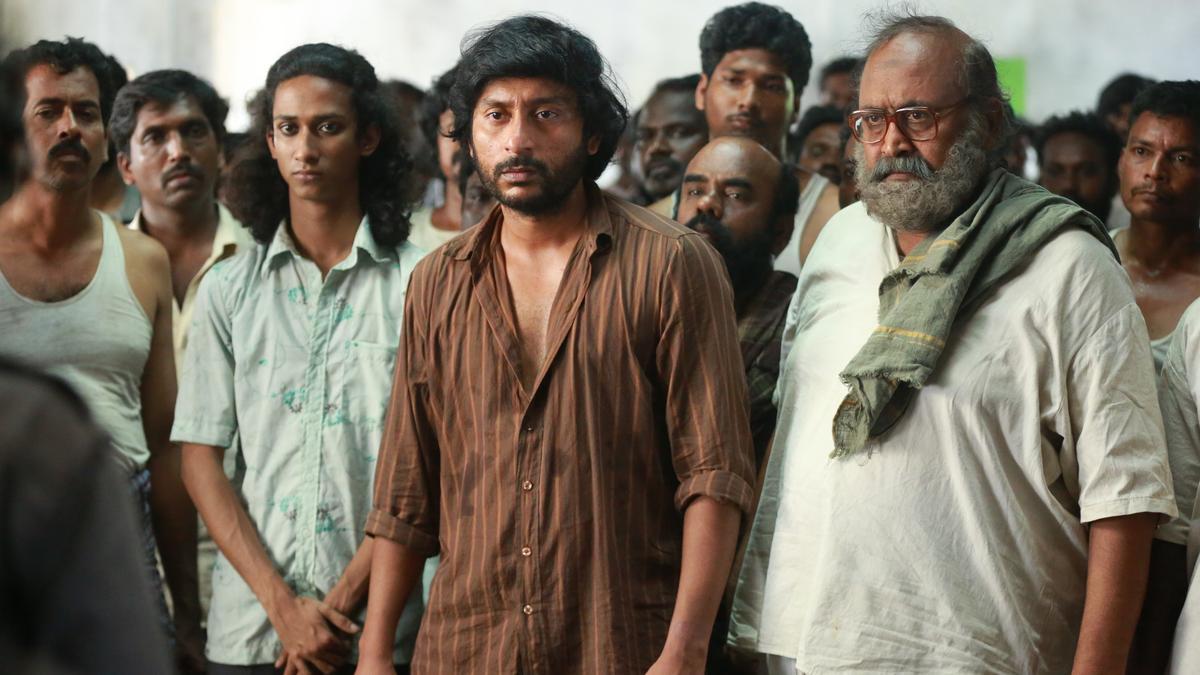
The human capacity to endure forms the core narrative of survival dramas, tales that often highlight resilience in the face of formidable challenges. However, few stories venture into the realm of a transformation so profound that it upends the very essence of the individual. This is the territory explored with vivid emotion and stark realism in Blessy’s film ‘Aadujeevitham’, an account that delves deep into the impact of severe adversity on a person trapped in the desolation of the desert.
The cinematic adaptation captures the remarkable yet painful life trajectory of Najeeb Muhammad, portrayed with heart-wrenching authenticity by Prithviraj Sukumaran. Based on one of the most read and acclaimed books in Malayalam, written by Benyamin, ‘Aadujeevitham’ narrates the true story of a man who finds himself in a situation akin to modern-day slavery in a remote goat farm. Here, in the scorching heart of the desert, he faces a world that seems to abandon language, humanity, and hope.
The film addresses Najeeb’s journey beginning with his arrival at a Saudi airport, accompanied by a younger compatriot. His struggle with language barriers is palpable from the start – his knowledge limited to his mother tongue, Malayalam. This linguistic challenge plays a pivotal role in steering his life toward the calamitous goat farm, where he spends years herding animals under the watchful eye and frequent abuse of a callous ‘owner.’ In this barren landscape, Najeeb’s disconnect grows so extreme that, when reunited with a long-lost friend, he finds himself bleating hauntingly like the goats he tends.
Beyond the gruesome depiction of extreme suffering and heightened emotions, ‘Aadujeevitham’ incorporates moments of poignant subtlety. In one scene, a wasted Najeeb cherishes a rare bath – his first after years of toil and deprivation. Moments such as these grant the audience brief respite from the relentless on-screen hardship.
While Blessy’s storytelling is unabashed in its emotional persuasion, certain creative adjustments have been made from the source material, particularly concerning Najeeb’s management of his sexual desires. The film seeks a delicate balance between rigid adherence to the text and the cinematic expression of Najeeb’s relentless perseverance.
The movie occasionally succumbs to a sense of monotony, evocative of a relentless desert expanse that stretches beyond the horizon, offering no sign of an oasis. Such repetitive sequences elicit a peculiar hollowness, simulating the frustration and fatigue of a never-ending odyssey across the dunes. Nevertheless, amid this stark environment, actor Prithviraj Sukumaran delivers a transformative performance that exhibits both physical and emotional metamorphosis. His portrayal of a character tormented by inconceivable suffering stands out as a career-defining achievement.
Lending aural depth to the visuals, A.R. Rahman’s composition for this Malayalam movie resonates with the plight of Najeeb. The soundtrack, particularly the song ‘Periyone’ with its variations, underscores the journey’s poignancy. The fragments of Najeeb’s life back in Kerala serve primarily as narrative functions, except for a breathtaking cinematic transition from a serenely flowing river to a panoramic view of the desert.
Amala Paul appears in a brief role that regrettably offers limited scope for showcasing her talents. The film, teeming with strenuous effort, would occupy an esteemed position purely on the merit of hard work, and much of it is indeed evident on screen.
If the essence of cinema is to evoke empathy and bear witness to the indomitable human spirit amidst the harshest of realities, then ‘Aadujeevitham’ succeeds compellingly, albeit with an underlying yearning for a script that intermittently punctures its own monotony. Currently on release in theatres, ‘Aadujeevitham’ is a poignant addition to Malayalam and the larger corpus of Indian cinema.










